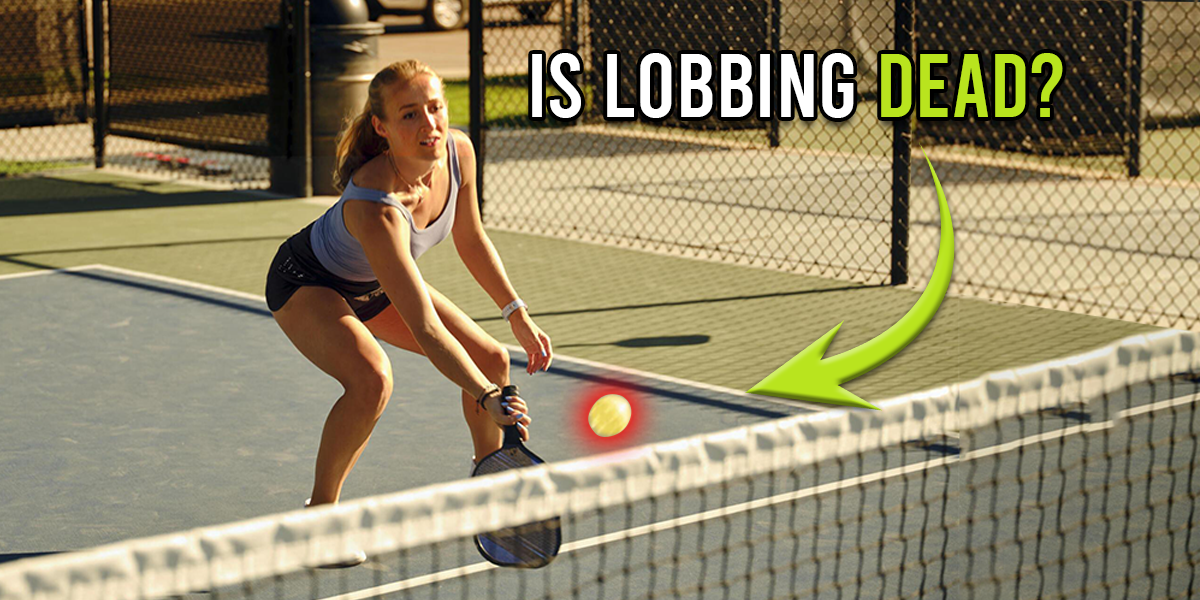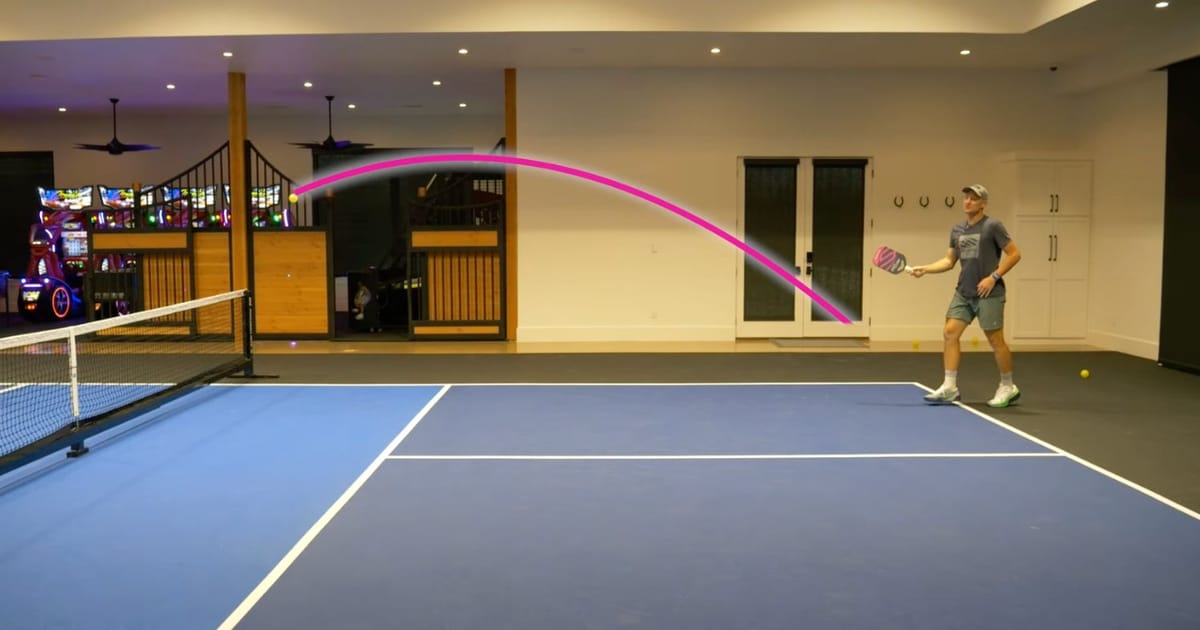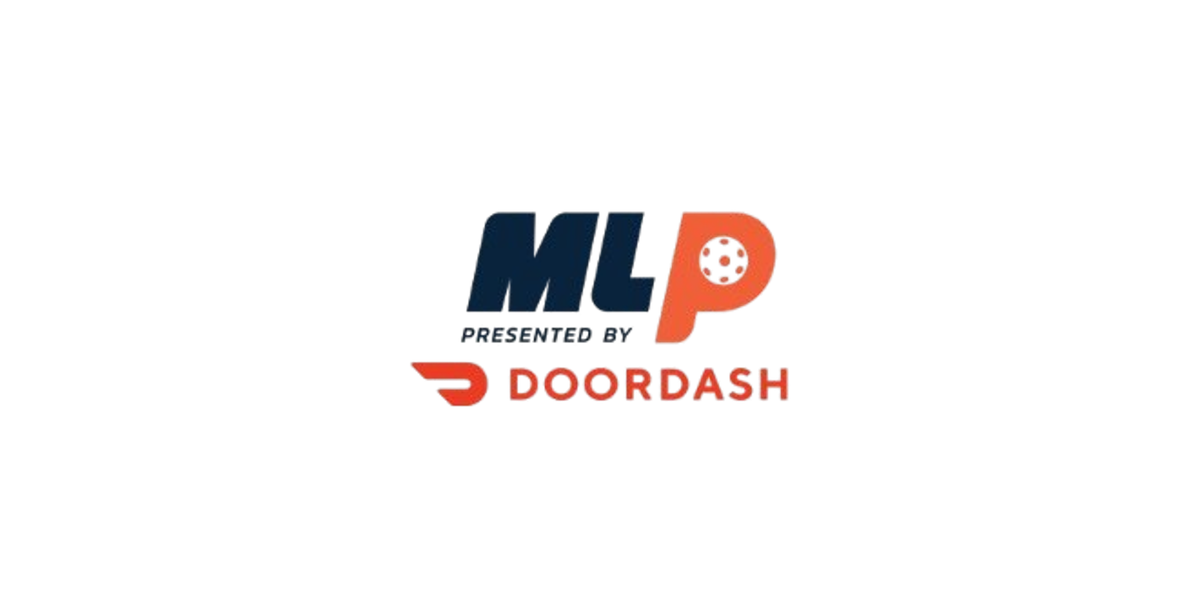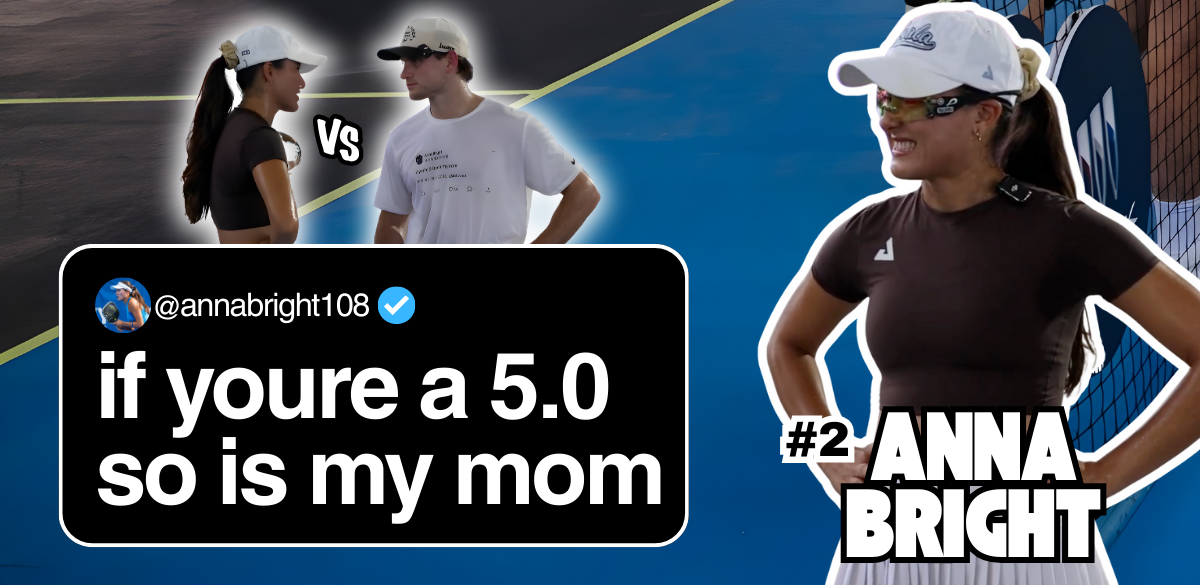Pickleball is often described as a mix of tennis, ping-pong, and badminton. Those who have been playing for a while know it is much more than that – it's a lifestyle.
If you're new to pickleball, you may not quite understand the rules and, perhaps more importantly, the jargon everyone uses on the courts.
We're here to help. Here is your guide to some common pickleball terms everyone needs to know and some basic rules of play.
Most Common Pickleball Terms
These are the most common terms you'll hear on the courts or when watching pickleball.
Forehand or backhand
A forehand refers to shots hit with your paddle while your palm faces forward (like a slap). A backhand is a shot with your palm facing backward (like a backward slap).
Dink
A dink is a type of soft shot in pickleball. It's often used to slow down the game, set up more aggressive shots, or move opponents around the kitchen (more on that term later). Dinks don't happen that often in lower-level recreational games but can be seen regularly in high-level or pro-level matches.
Drive
In stark contrast to the dink is the drive shot. This is a hard hit that looks more like a tennis stroke. Drives can be hit upward of 20-30 MPH and are typically flat shots that barely pass over the net. Drives are often the shot of choice for most beginner and even intermediate pickleball players due to its familiarity and lower learning curve.
The History of Pickleball and How it Got Its Weird Name
Get to know the history of pickleball, including where it was invented and how it got its weird name.
 The Dink PickleballJason Flamm
The Dink PickleballJason Flamm

Banger
Someone who only drives the ball is often called a "banger." Bangers can be challenging to play against, but once you gain experience, you can learn how to use their powerful shots against them or simply move out of the way and let the ball fly out.
Drop
A drop shot is similar to a dink but hit from a longer distance. It can also be seen in tennis, though it's used less commonly. The goal of a drop shot is to literally "drop" the ball into your opponent's kitchen with a high arc to either slow down the pace of the game or force your opponent into hitting a softer shot back to you. These are typically defensive shots and not necessarily meant to win the point.
Lob
A shot with an even higher arc that's designed to land close to the baseline is the lob shot. This shot is often the choice of older players or players who lack mobility because it allows them time to get into a more favorable position on the court. The risk of a lob is that you either don't hit it high enough, giving your opponents an easy put-away shot, or it's hit too long and goes out of bounds. Lobs can be offensive or defensive.
How to Hit the Perfect Pickleball Lob and When It’s Simply Not Cool
When is the right time to hit a lob shot in pickleball? Is it a good strategy? We discuss all aspects of the shot and when it’s simply not appropriate.
 The Dink PickleballJason Flamm
The Dink PickleballJason Flamm

Volley
Any ball hit before it bounces is considered a volley. Volleys are usually allowed in pickleball, but there are specific moments when volleying is limited. We discuss those further down.
Groundstroke
A groundstroke is any shot (forehand or backhand) hit off a bounce.
The non-volley zone and the kitchen
One of the biggest separators between tennis and pickleball is the non-volley zone (NVZ), also known as the kitchen. This is the 7x20 rectangle on either side of the net. In this area, players cannot hit volleys if any part of their body touches the line or inside the kitchen.
One misconception is that new players think you can never enter the kitchen. This is false. You can go into the kitchen any time you wish. However, hitting a ball out of the air (a volley) while inside the kitchen is a fault.
More nuanced rules exist about the kitchen area and what is considered a fault, but you'll learn those as you gain experience.
Third-shot drive or drop
In pickleball, perhaps the most important shot is the third shot. It's called the third shot because it happens after the serve and the return of serve. The success or failure of the third shot often determines how likely the serving team will earn a point.
The third shot is a huge part of pickleball strategy, which you’ll develop after you play for a while.
Third Shot Drop Crash Course
The third shot drop carries a lot of weight in the game of pickleball. It’s the key to neutralizing the returning team’s advantage and advancing towards the NVZ.
 The Dink PickleballThe Dink Media Team
The Dink PickleballThe Dink Media Team

Side out
In pickleball, a side out occurs when the serving team commits a fault and loses the serve. In standard scoring, side-out rules apply because only the serving team can gain points (similar to volleyball scoring).
Rally
A rally is any series of hits performed by both teams.
Around the post (ATP)
An around-the-post shot or ATP is when a player hits a ball that goes around the net post (instead of over the net like most shots) and lands onto their opponent's court.
Erne
At the 2010 USAPA National Pickleball Tournament, a player named Erne Perry used a particular shot so often that the pickleball community named the shot after him. That shot is called the Erne.
An Erne shot is when a player "hops" over the corner of their own kitchen onto the side of the court, and hits the ball as it crosses the net. Kitchen rules dictate that you cannot step off of or land inside the kitchen (or on the line) when performing an Erne.
An Erne is effective because it leads to a hard-hit ball that your opponent is not expecting. It’s a challenging shot to execute but even more difficult to defend.
The Erne is best explained with a video, and no one has made a better video on it than ThatPickleballGuy, Kyle Koszuta.
Master the Erne: A MUST HAVE WEAPON in Your Pickleball Game
The Erne is one of the coolest looking shots in pickleball, but it’s also one of the most effective. My erne has been a huge weapon in my pro pickleball jour…
 YouTube
YouTube

Pickle or golden pickle
If a player or team loses a match without scoring a point, it's called a pickle. If a player or team loses without scoring a point and the server never changes, it's called a golden pickle.
To extend your pickleball knowledge and stay updated on all things pickleball, sign up for The Dink Newsletter and check back regularly.
Anuncie Aqui / Advertise Here
Sua marca para o mundo Pickleball! / Your brand for the Pickleball world!

 English
English  Spanish
Spanish  Portuguese
Portuguese  German
German  Italian
Italian  Japanese
Japanese  French
French  Polish
Polish  Russian
Russian  Netherlands
Netherlands  Hungarian
Hungarian  Turkish
Turkish  Videos
Videos 






 English (US) ·
English (US) ·  Portuguese (BR) ·
Portuguese (BR) ·